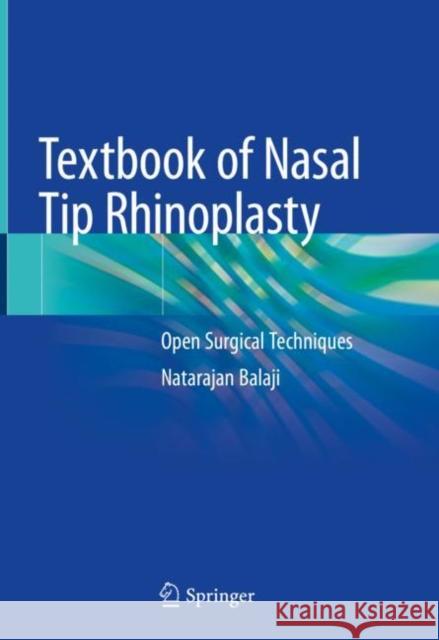Textbook of Nasal Tip Rhinoplasty: Open Surgical Techniques » książka
topmenu
Textbook of Nasal Tip Rhinoplasty: Open Surgical Techniques
ISBN-13: 9783030481568 / Angielski / Twarda / 2020 / 393 str.
Textbook of Nasal Tip Rhinoplasty: Open Surgical Techniques
ISBN-13: 9783030481568 / Angielski / Twarda / 2020 / 393 str.
cena 603,81
(netto: 575,06 VAT: 5%)
Najniższa cena z 30 dni: 539,74
(netto: 575,06 VAT: 5%)
Najniższa cena z 30 dni: 539,74
Termin realizacji zamówienia:
ok. 22 dni roboczych.
ok. 22 dni roboczych.
Darmowa dostawa!
Kategorie BISAC:
Wydawca:
Springer
Język:
Angielski
ISBN-13:
9783030481568
Rok wydania:
2020
Wydanie:
2020
Ilość stron:
393
Waga:
0.90 kg
Wymiary:
25.91 x 19.56 x 2.03
Oprawa:
Twarda
Wolumenów:
01











